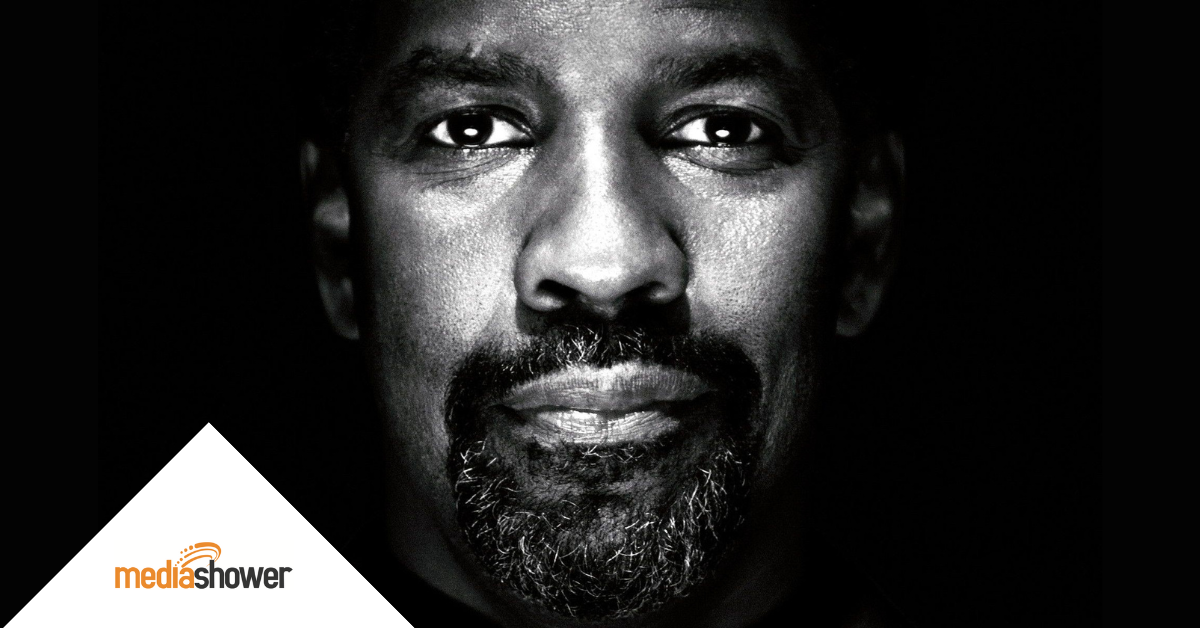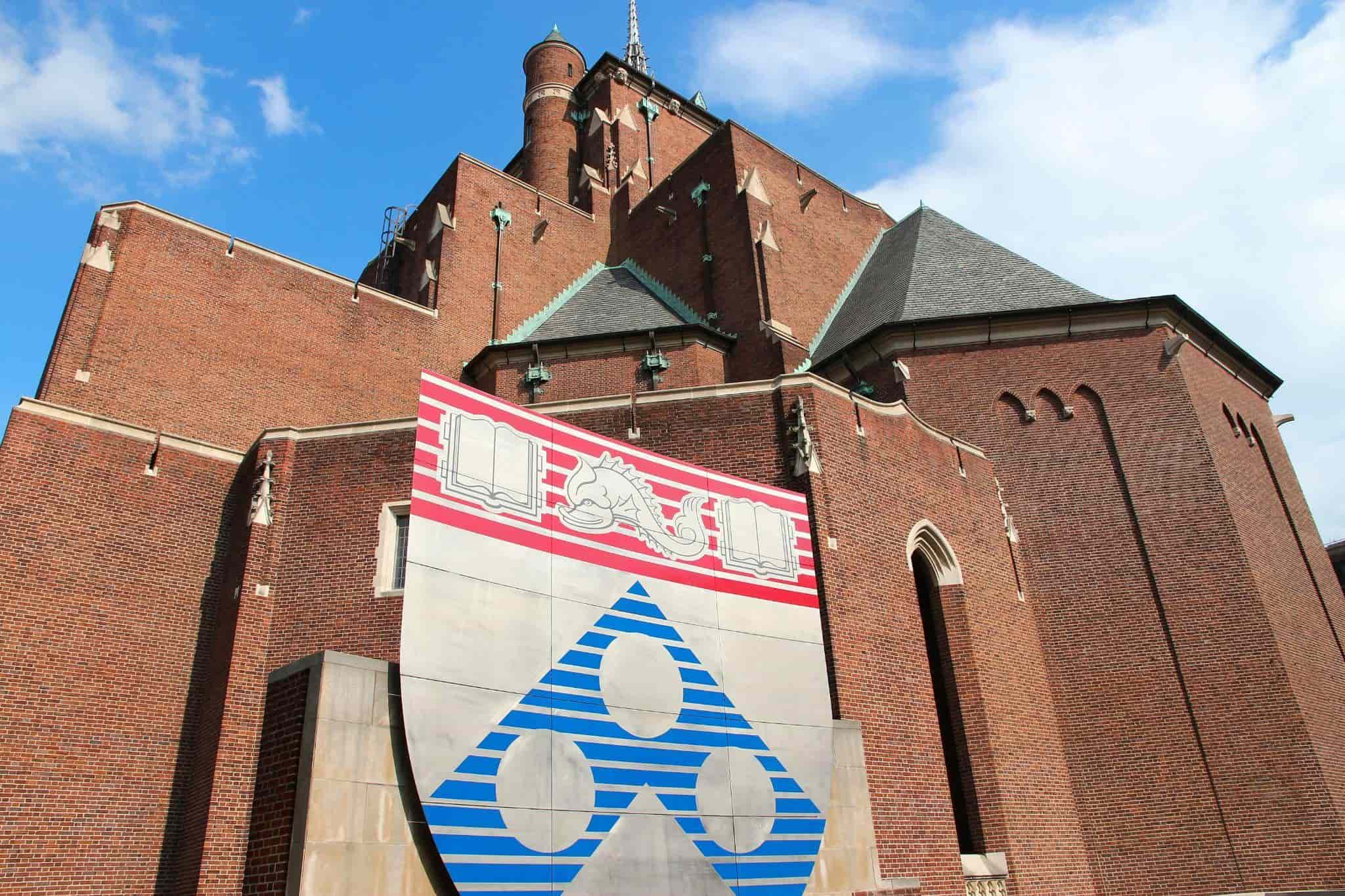
TLDR: Denzel Washington’s famous University of Pennsylvania commencement speech encouraged students not to fear failure and to take risks to grow and succeed. Washington emphasized that the world needed the students’ abilities and talents to overcome poverty and other problems.
So What? Denzel Washington is charismatic, and his mixture of humility, insight, and humor is a good antidote for those struggling with challenges in their personal or professional life.
Denzel Washington has given several successful commencement speeches over his career, but none are as well known as his address at the University of Pennsylvania. Through humor, humility, and experience, Washington discusses the importance of never giving up and never allowing yourself to fall backward due to fear.
His crucial statement, “If you don’t fail, you’re not even trying,” forms the backbone of a worldview where perseverance and discipline are the keys to reaching our full potential.
A Fine Point on Humor
Like many commencement speeches, Washington’s starts with humor: his natural charisma and affable knowledge of the campus. After good-naturedly ribbing the basketball coach for not giving his son enough playing time, he mentions a well-known squirrel infestation that draws the student body to launch and cheer. His connection to the campus, his son, and the student body is readily apparent and sets the stage for him to appear as a parental figure–knowing, wise, funny, and patient.
This is why he does so seemingly effortlessly when he transitions into the point of his speech–falling forward.
Using humor can be a double-edged sword for communicators if it takes them off their topic or becomes a distraction, but it can also loosen up the audience so that they are paying close attention to the message when it comes. When Washington finally gets to the point, the humor with which he started serves him well in showing humility as the next aspect of his speech.
Holding onto Humility
Washington is one of his generation’s biggest movie stars. Yet, he’s quick to admit that he is nervous about giving the speech, outside his usual wheelhouse of acting in movies and not seeing the audience. It is here that he slides into the meat of the speech:
“I had to come, even though I feared I might make a fool of myself. In fact, if you want to know the truth, I had to come exactly because… I had to come exactly because I might make a fool of myself. Now, what am I talking about? Here it is.”
Washington’s message–that failing is part of a successful life–would not come across the same way without his humility in sharing some of his failures (his first Broadway tryout) and foibles (like his current state of anxiety and disorganization) with his audience.
His entire message (don’t be afraid to fail because failure is often a precursor to success) is supported by his history as someone who continually failed, tried again, failed again, and ultimately found success.

Failing Forward and Living Without Regret
Washington shared several experiences of “falling forward” and risking failure that helped make his points. He tells the story about his first musical theater audition–a role he sought when, in reality, he couldn’t sing, and he didn’t know how to act on Broadway.
“I didn’t get the job,” he says. “But here’s the thing. I didn’t quit. I didn’t fall back. I walked out of there to prepare for the next audition and the next audition. I prayed. I prayed, and I prayed. But I continued to fail and fail and fail.”
This isn’t just a call to take chances, however. Washington asks the assembled crowd to think, “How many ghosts are going to be around your bed when your time comes?” These ghosts are, for Washington, a lost opportunity:
“Imagine you’re on your deathbed, and standing around your deathbed are the ghosts representing your unfulfilled potential, the ghost of the ideas you never acted on, the ghost of the talents you didn’t use. And they’re standing around your bed, angry, disappointed, and upset. They say, ‘We came to you because you could have brought us to life,’ they say. ‘And now we have to go to the grave together.’”
This motivation isn’t about earning more money or gaining more power or status–it’s about changing the world. Washington notes that he just came back from South Africa and saw poverty and a need for help on a global scale:
“Africa is just the tip of the iceberg,” he said. “The Middle East needs your help. Japan needs your help. Alabama needs your help. Tennessee needs your help. Louisiana needs your help. Philadelphia needs your help. The world needs a lot, and we need it from you. We do. We need it from you, young people.”
Making Action Part of Your Life
Washington connects “doing” with “changing,” and in doing so, takes the excitement and responsibility from the last generation’s shoulders and puts it on the shoulders of these graduates. And, in doing so, he asks them to challenge themselves. To change the world, you can’t be afraid to fail. You’re going to fail hundreds of times in your life. Change and success come from continuing to do what you do every day.
If you need help crafting effective communication for your target audience, Media Shower wants to use our expertise for your benefit. Get a free trial and find out for yourself.
